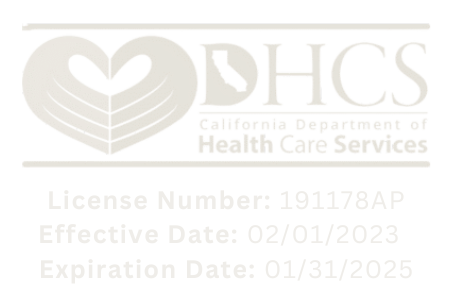Anorexia nervosa and bulimia nervosa are serious eating disorders that profoundly affect physical health, emotional well-being, and behavior. Anorexia involves an intense fear of gaining weight, a distorted body image, and severe restriction of food intake, leading to extreme weight loss, malnutrition, and potentially life-threatening complications like heart problems, bone loss, and organ failure. Bulimia, on the other hand, is characterized by cycles of binge eating (consuming large amounts of food in a short period) followed by compensatory behaviors such as purging (vomiting, laxative misuse), excessive exercise, or fasting, often resulting in electrolyte imbalances, gastrointestinal issues, and dental erosion. Both disorders can cause profound psychological distress, including anxiety, depression, and low self-esteem, which may drive individuals to misuse drugs—such as stimulants (e.g., amphetamines) to suppress appetite, or alcohol and opioids to cope with emotional pain—worsening the disorders and increasing addiction risk.
An eating disorder assessment involves in-depth evaluations by licensed professionals to diagnose anorexia and bulimia, assess severity, identify triggers (e.g., societal pressure, trauma, perfectionism), and evaluate any co-occurring drug addiction. This process focuses on:
Focusing on evidence-based, compassionate protocols, our integrated treatment ensures physical restoration, addresses emotional challenges of anorexia and bulimia, and supports recovery from drug addiction through dual diagnosis care.
A thorough assessment of eating behaviors, body image issues, physical health, and drug use history, including nutritional status and psychological well-being, to create a personalized treatment plan addressing both eating disorders and addiction.
Customized therapies and, if needed, medical interventions (e.g., nutritional support, electrolyte correction) are used to manage symptoms of anorexia (e.g., starvation effects, low body weight) and bulimia (e.g., purging consequences, binge urges), while also addressing substance use (e.g., cravings, withdrawal).
Our eating disorder specialists and addiction counselors provide continuous care, monitoring food intake, weight restoration, purging behaviors, and substance use patterns to ensure safety, progress, and relapse prevention.
Anorexia, bulimia, and drug addiction can lead to malnutrition, fatigue, and emotional instability. We offer balanced nutrition plans, exercise therapy, mindfulness practices, and hydration to restore physical health, stabilize mood, and address addiction.
One of the most critical questions is, “How do anorexia and bulimia affect recovery from drug addiction?” Eating disorders like anorexia and bulimia can significantly complicate addiction recovery by driving individuals to use substances as a coping mechanism or weight control strategy. For example, someone with anorexia might misuse stimulants like amphetamines or cocaine to suppress appetite, while someone with bulimia might use alcohol or sedatives to manage guilt, shame, or anxiety after binge-purge episodes. This substance use can worsen eating disorder symptoms by disrupting metabolism, exacerbating malnutrition, and increasing dependency, creating a dangerous cycle. At Alliance Treatment, our dual-diagnosis approach ensures you receive comprehensive care to break this cycle, addressing anorexia, bulimia, and addiction simultaneously with tailored therapies, improving long-term recovery outcomes and overall health.
Customized treatment integrating evidence-based therapies for anorexia, bulimia, and drug addiction, ensuring all conditions are addressed for lasting recovery.
Combining nutritional counseling, cognitive-behavioral therapy (CBT), mindfulness, and medication management to treat eating disorders and addiction, focusing on underlying body image issues and emotional triggers to prevent relapse.
Ongoing support, including therapy, support groups, and lifestyle coaching, to maintain eating disorder recovery and sobriety, addressing the interplay between anorexia, bulimia, and substance use.
A safe, supportive environment to restore physical health through medical monitoring, meal planning, and weight stabilization for anorexia and bulimia, while addressing any co-occurring drug addiction.
Individual and group counseling, including CBT and dialectical behavior therapy (DBT), to address the psychological roots of eating disorders and substance use, building healthier coping mechanisms.
Mindfulness, yoga, art therapy, and nutritional education to reduce disordered eating behaviors, manage addiction cravings, and enhance emotional resilience for recovery from anorexia, bulimia, and drug use.
Ongoing community support, therapy, and resources to maintain eating disorder recovery and prevent relapse into drug use, tailored to individuals with anorexia, bulimia, or both.
Substance abuse treatment facility in Los Angeles County, California. We offer detox, residential inpatient care, and long term outpatient aftercare. Alliance Treatment accepts HMO and PPO insurance plans.
